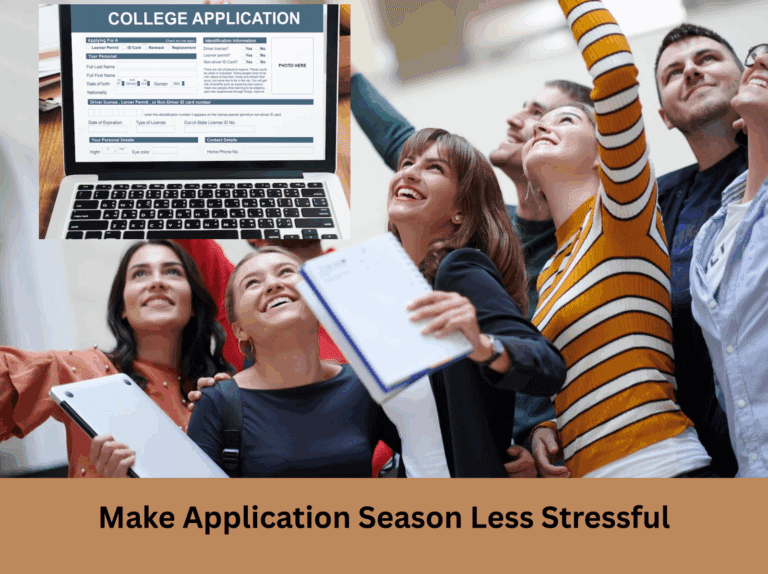The word interview sends a chill down the spine to the best of us. And if it is a part of your college admissions, it can be both unnerving and stressful. The pressure to get into the right college weighs heavily on high schoolers. Undoubtedly, the admissions process to elite U.S. colleges has become competitive and intense, and students pick up every opportunity to gain points. The students are focusing on doing everything right to get admission to a college. Signing up for the alumni interview is a great engagement that provides the admissions offices with another matrix to evaluate your application. To know if the colleges you are applying to early offer interviews, you will need to check the college website. From there, you will know if the interviews are mandatory or optional.
Who conducts the interviews?
College interviews are typically conducted by either a current student or an alumni, and sometimes even by admissions officers. Whoever interviews you has no bearing on the way your application will be reviewed. Many colleges leverage their alumni networks to interview the incoming class. Each of them has a unique lens and brings their own perspective to the process. If the interview is compulsory, remember that whoever conducts interviews has gone through a training process. Sometimes faculty members interview students to ascertain their academic interest in specialized programs. They share a common goal of trying to understand if the student is a good match for the college’s values and culture.
What is the interviewer looking for?
During a college interview, the interviewer is looking for several key qualities that can help them assess whether the applicant is a good fit for the institution. Hence, students must showcase the following:.
- Enthusiasm for the college and your chosen field of study.
- Your understanding and alignment with the college’s values and culture.
- Communication skills, level of maturity, and self-awareness.
- Talent, interests, and curiosity, and how you’ve engaged both inside and outside of the classroom.
You can read a detailed account of what to expect at college interviews in a previously published blog. The Importance of College Interviews and How to Prepare for Them
Some additional advice:
- Research the person who is interviewing you: Once you receive a mail with the name of the interviewer, you must begin your research. This is a strategic step that can significantly enhance your preparation and help you build a stronger connection during the interview. Start with LinkedIn and look up his/her profile, educational path, and career trajectory. This can be used later by you to ask some meaningful questions.
- Be mindful of your language. Avoid casual language, slang, or jargon, as well as overly formal or pretentious language. Stay authentic with yourself. Filler words like “um,” “like,” “you know,” or “uh” can distract from your message and make you appear less confident. Use positive language that reflects your growth. Your tone should be respectful and enthusiastic.
- Handle Stress Gracefully: If you start to feel nervous or stressed during the interview, take a deep breath and focus on staying calm. Remember, it’s normal to feel some anxiety, and the interviewer understands this. Showing that you can handle stress gracefully is an important skill. Avoid rushing through your answers; instead, take a moment to think if needed and speak clearly.
- Prepare questions to ask the interviewer. Asking thoughtful questions demonstrates your genuine interest in the school and helps you gather valuable information to determine if the college is the right fit for you. Do not ask questions that are readily available on the college website. Be specific about your questions. If you are going to study biology, ask questions such as “When can undergrad students start doing research with professors?” “What type of internships do students get to do in biology?” Ask the interviewer how they leveraged their college life to the fullest. Talk to them about what was their most exciting moment as a student, etc. If they do not have answers to your specific subject-related questions, you can check if it is right for you to follow up with them in the next few days.
It is important to note that the alumni or the senior who is interviewing you does not have your application or is privy to your Common App essay. This creates a unique opportunity for you to guide the conversation and present yourself in a way that highlights the aspects of your application you want to emphasize. Prepare well and stay true to yourself to create a lasting impression.






